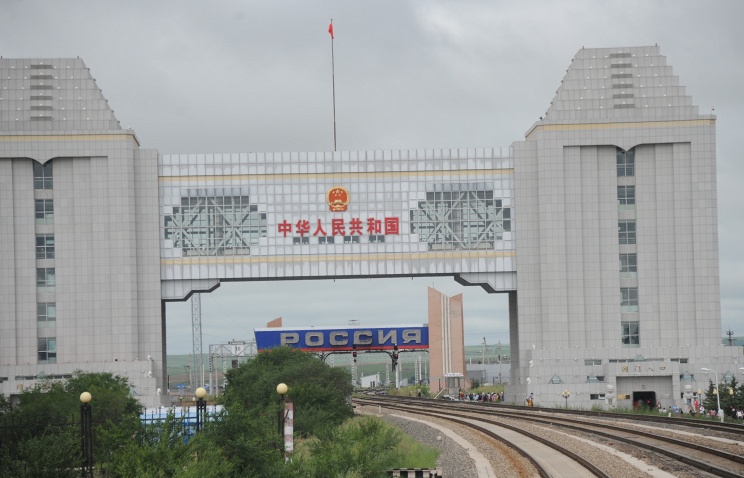
Russia and China are planning to sign an agreement next month on the development of transport corridors linking China’s northeast with the ports of the Russian Far East, primarily Primorye (Maritime Territory), Minister for the Development of the Russian Far East Alexander Galushka told reporters on Monday.
“Last week I held talks with the leaders of the National Development and Reform Commission, during which we agreed to sign an agreement on cooperation in developing the transport corridors linking China’s northeast with the Russian Far East ports, primarily in Primorye,” the minister said.
“It is planned to sign such an agreement in December during the visit of the Chinese prime minister,” Galushka said, adding that “next week the ministry would sum up the results of the contest on shaping the model of the developing the transport corridors from China’s northeastern provinces to the Russian Far East ports.”
According to Galushka, the volume of external trade between Russia’s Primorye and China’s Heilongjiang province via Primorye-1 transport corridor will top around 80 mln tons of cargoes per year by 2025, including grain, containers and more, while the volume of external trade with Jilin province and domestic traffic in the Zarubino port via Primorye-1 corridor will reach around 90 mln tons per year within 10 years.
The Primorye-1 transport corridor will link the Chinese border city of Suifenhe, the Grodekovo railway station, the border region of Primorye and the ports in the east of the region. Along this corridor cargo from Chinese provinces may follow via the shortest route to the Asia-Pacific region through Russian ports in the east of Primorye.
The Primorye-2 transport corridor will link the ports in the southwest of Primorye — Posiet, Zarubino and Slavyanka with China’s provinces, which will make it possible to deliver cargo from China’s northeastern territories to the country’s southeastern provinces and also to the Asia-Pacific region and in the reverse direction. Currently, the Summa group of companies and a number of Chinese companies are involved in the implementation of the project.
According to expert estimates, the implementation of the Primorye-1 and Primorye-2 projects will require investment worth more than 200 billion rubles ($3 billion).